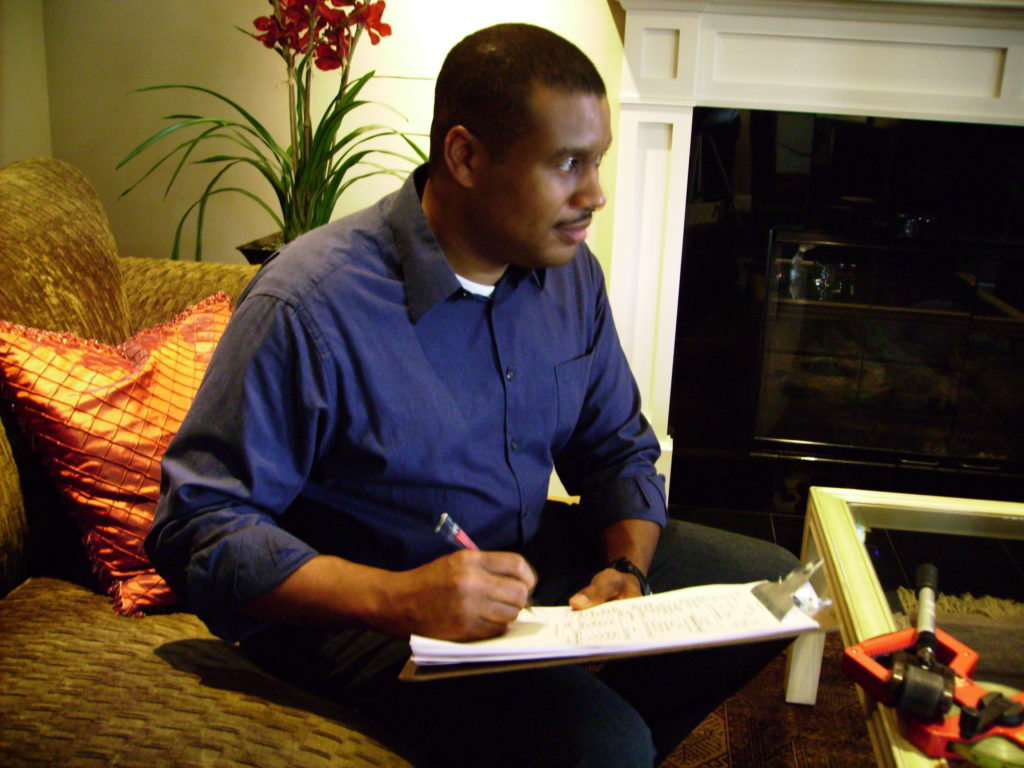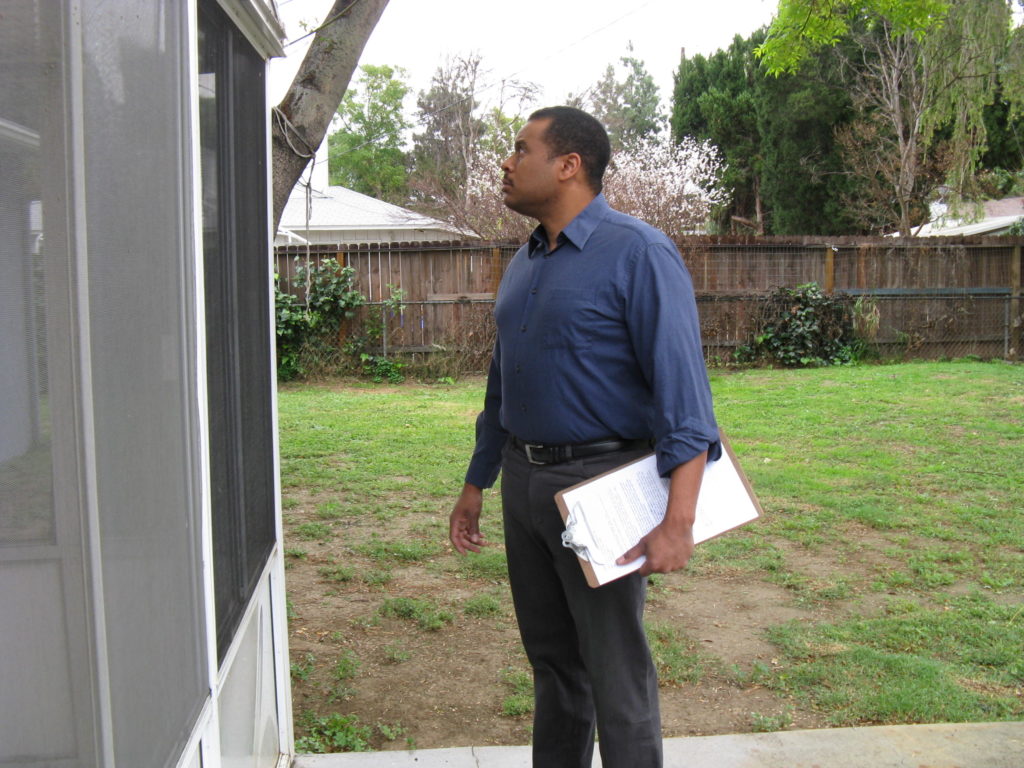The Kind of House Appraisal You’re Going to Get from Me
When I do a house appraisal, I employ the same high standards I do for banks and other financial institutions, since they need to make sure their investment (if you are purchasing or refinancing) is secure. They need the home appraised properly, so that if there is a problem, they can make their money back. They have high standards. They need us to use comparables that match the subject’s house extremely well, and that we adjust appropriately for differences between individual houses, such as condition, sizes, room counts, and so on.

I’m constantly between a rock and a hard place when dealing with banks or other financial institutions. The owner always believes the house is worth more. I also have to put myself in the shoes of the buyer who thinks the home is worth less. Somewhere in between the two is my opinion of value, where the buyer will come up enough and the seller will come down enough.
An owner who orders a house appraisal needs to be realistic and understand going in that, although their house might be the best one in the neighborhood from their point of view, I have to look at things objectively. I have to look at all other recent sells that match their home. I have to find comparables that are a little bit larger, a little bit nicer, to something that’s not so nice, and find one that matches it very well. Your house will be in there somewhere. My goal is to find a recent sold property that matches the subject as closely as possible. This technique is known as, “substitution”. In other words, if a buyer can substitute your home for the recently sold home the price should be the same. However, no two homes are the same so it is necessary to identify the differences and research the market reaction for these differences.
I want to be clear to the homeowner, that in our initial conversations, I will ask what they think the home is worth. That helps me get a ballpark feel. Sometimes, the homeowner will know that a neighbor sold for a certain amount. What the owner feels the house is worth is only a reference point. I will not guarantee a value prior to my research. I have no opinion of value. The opinion of value comes from the market only.
I’m the appraiser. I do my job to the best of my ability and I make sure my appraisal is fair. And realistic. And honest. I make sure that it meets the high standards of my profession. I won’t be led into thinking a house is a certain value because the homeowner or client feels a certain way. He or she may know the local market very well. I’ll take that into consideration. I think most homeowners believe they know what’s going on in their micromarket, but I don’t until I do the research.

I want everyone to understand that I am going to be fair and I’ll give you the best quality of work that I can. I stay within the standards and requirements of the (USPAP) Uniform Standards of Professional Appraisal Practice.
Values are not created by me. Values are created by your neighbors. I am using their purchase price as a basis for the value of your home. If you want your house to be valued higher, tell your neighbors to sell higher. The value of your house will go up.
When you hire me, you’re going to get truth. It is what it is.
The Banker’s View of House Appraisals
An associate of mine had been a banker for over 35 years. She had worked in many departments over the years, and at the time of her retirement, she was a corporate credit manager for a very well-known national bank.
When asked about her experience from the bank’s point of view on home appraisals, she said:
“Over the years, I’ve looked at around 10,000 appraisals. What the bank wants is truth. We want to know what the appraiser honestly thinks the property is worth, based on the comparables.”
When asked what would appear in a house appraisal that would get it rejected, she said:
“We would question it, not reject it. All appraisals are reviewed. Banks don’t want an overestimate. Adjustments for comparables need to make sense. It’s a common practice to make adjustments for square footage differences, neighborhoods, and condition between properties in order to come up with reasonable comparables.”
“For example, let’s consider a home or condo with 900 square feet. If the appraiser finds a similar building in the same area with 1,000 square feet, he can adjust downward for the 100 square-foot difference. That’s a reasonable adjustment. It’s not usually reasonable to find a 2,000 square-foot home and adjust downward by 1,100 square feet.”
“The bank wants to know whether the appraiser’s adjustments are reasonable. If the appraiser picks poor comparables, then the appraisal is inaccurate.”
“In California cities, the residential market can change block to block. The value of a comparable property can rise or fall by $70,000 within a mile of the subject property. If I hired an appraiser to valuate my condo, I’d want comps in my building, down the street, or across the street. My unit is two bedrooms and two baths. It’s OK to find a comp condo in my area that is a 3+2 and adjust downward for one bedroom. That’s common, and such an adjustment is reasonable. But in Los Angeles, you can find other 2+2s that sell nearby. If I don’t see other 2+2s among the comparables, I’m going to figure out why.”
“Does the house need paint? Is the garage falling down? Does the plumbing need replacement and does it have termites? If so, he’d better drop the value compared to the comps in good shape. If he doesn’t, he’s not doing his job.”
“The comps show what the value of the property is really worth at this moment in time. Value is what someone is willing to pay for it, not what the owner or anyone else thinks it’s worth. That’s why the comparables chosen are so important. And market conditions can change in a day, week or a month. When the appraiser signs his/her appraisal, that’s what they thinks that property is worth at that time.”
“House appraisers have a very tough job. They have to balance every property owner’s belief that his property is worth more than it truly is, against his professional experience, plus his ethical and moral obligation to the new buyer and/or lender.”
Call A1LAHA (818) 403-5375 for a free consultation!